The Rural Perspective: Hurricane Preparedness In The Countryside
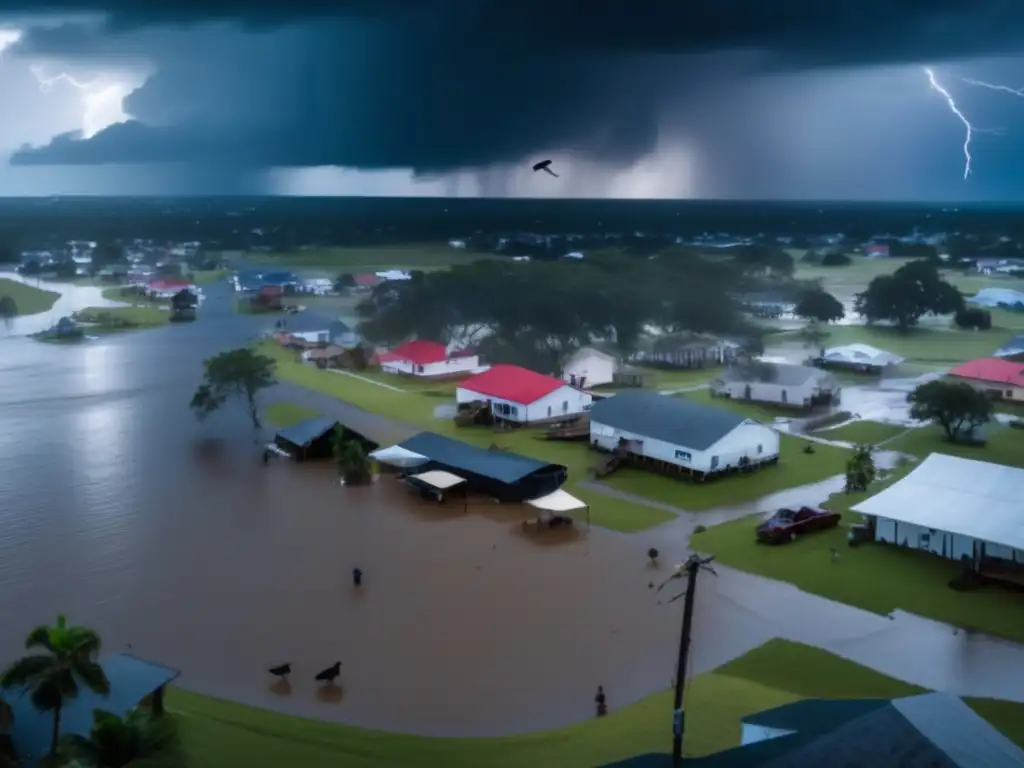
The Rural Perspective: Hurricane Preparedness in the Countryside
Introduction
When we talk about hurricane preparedness, we often think about big cities and coastal areas. However, it's important to remember that many rural communities are also affected by hurricanes and other natural disasters. In fact, rural areas may face unique challenges when it comes to preparing for and responding to hurricane-related emergencies. In this article, we will discuss some of the specific considerations that rural communities should keep in mind when preparing for a hurricane.
Understanding the Risks
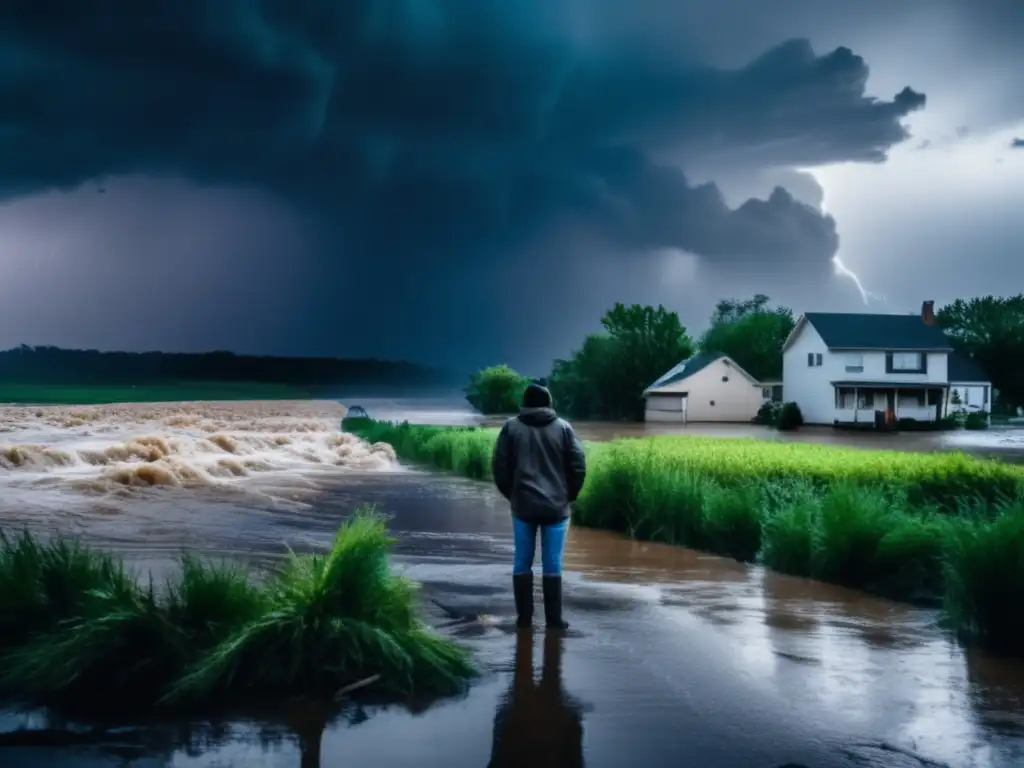
Is there a higher risk of flooding in rural areas?
Rural areas may have a higher risk of flooding than urban areas due to factors such as lower elevations, inadequate drainage systems, and large amounts of open land. Additionally, many rural areas are located near streams or rivers that can quickly overflow during heavy rainfall. It's important for those living in rural areas to be aware of their local flood risk and to take steps to prepare accordingly, such as elevating their homes or purchasing flood insurance.
What are the unique challenges of evacuating rural areas?
Evacuating rural areas can be more complicated than evacuating urban areas due to the larger distances involved and the limited availability of public transportation. Additionally, many rural residents may own livestock or pets that they need to evacuate along with themselves. It's important for rural residents to have a plan in place for evacuating themselves and their animals, and to start preparing well in advance of a potential hurricane.
How can power outages impact rural areas differently?
Rural areas may be more vulnerable to power outages than urban areas, as power lines may be more spread out and harder to repair quickly. Additionally, many rural residents rely on well water for their homes, which requires electricity to pump. It's important for rural residents to have backup generators if possible, and to have a plan in place for accessing clean water if their wells fail due to power outages.
Preparing Your Home and Property
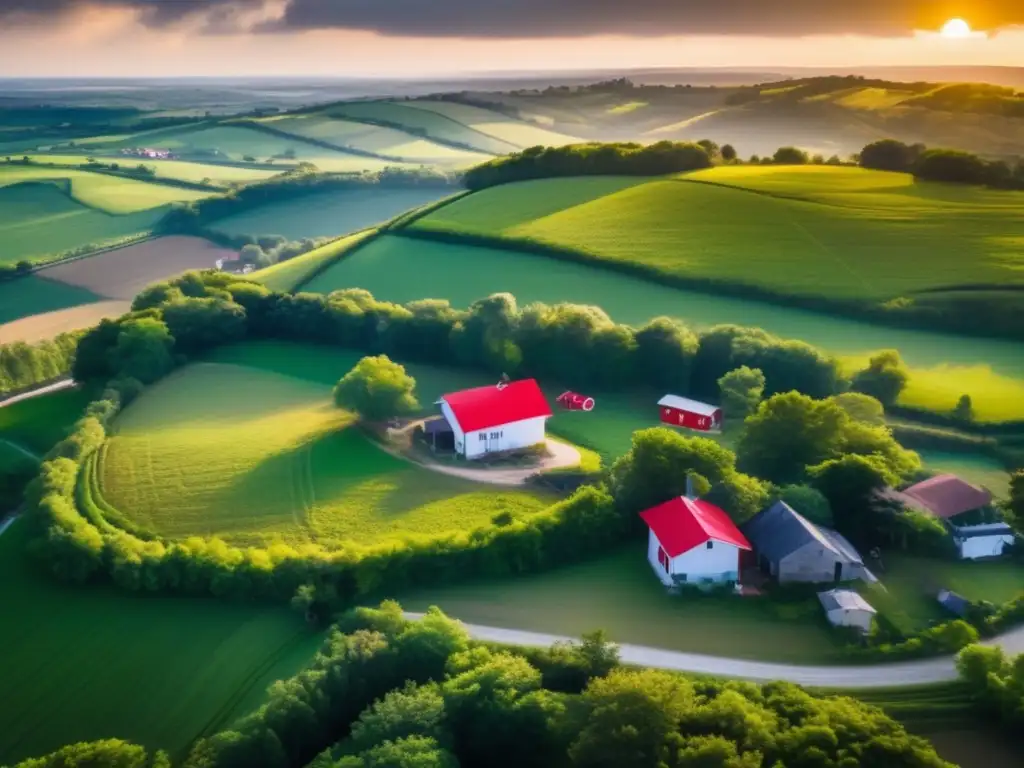
What steps can rural residents take to prepare their homes for a hurricane?
Rural residents should take the same basic steps as urban residents to prepare their homes for a hurricane. This includes securing loose outdoor items, trimming trees and bushes, and reinforcing windows and doors. Additionally, rural residents may want to consider building a safe room or shelter on their property to protect themselves and their families from high winds and flying debris.
How can rural residents protect their livestock and pets during a hurricane?
If you own livestock or pets, it's important to have a plan in place for evacuating them or providing them with adequate shelter during a hurricane. This may include moving them to a nearby shelter or boarding facility, or ensuring that they have access to a safe and secure area on your property. It's also important to have plenty of food and water on hand for your animals in case of an extended power outage.
What should rural residents do to prepare their vehicles for a hurricane?
It's important to ensure that all vehicles are in good working order well before a hurricane is expected to hit. Rural residents should also make sure that they have a full tank of gas and any necessary supplies (such as a spare tire and a roadside kit) in case they need to evacuate quickly. If possible, it's also a good idea to have a backup generator that can be used to power up critical systems in your vehicle in case of an extended power outage.
Staying Safe During the Storm
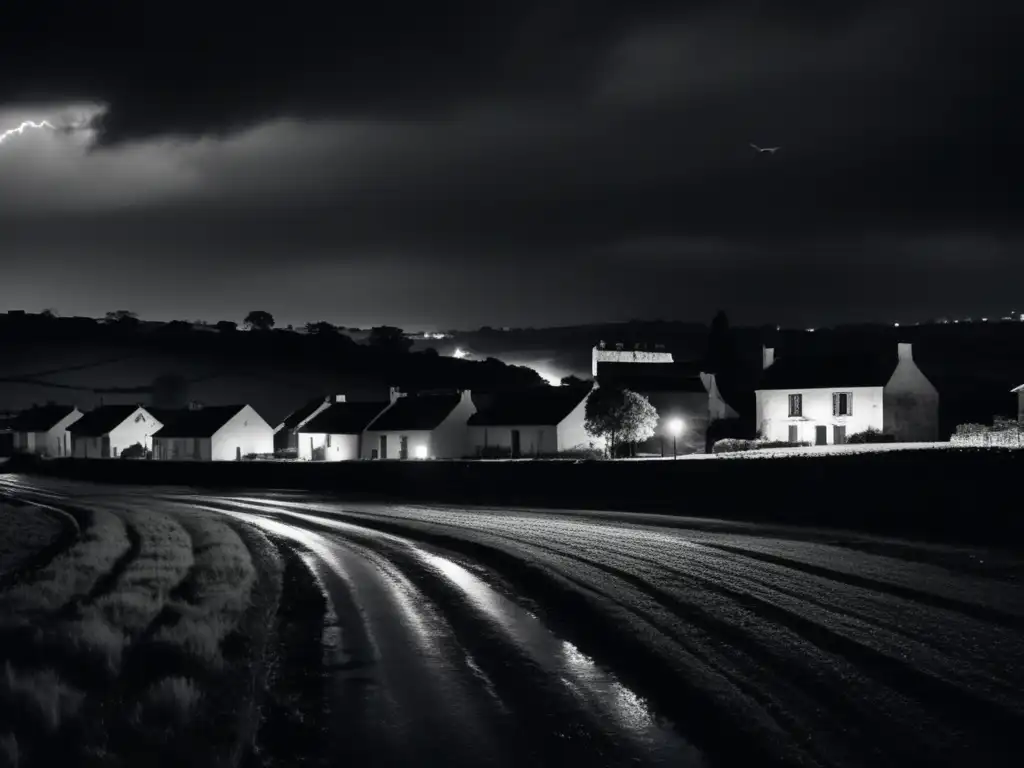
How can rural residents stay safe during a hurricane?
The same safety tips that apply to urban residents also apply to rural residents during a hurricane. This includes staying indoors, away from windows and doors, and avoiding driving or walking through flooded areas. Additionally, rural residents should be aware of the potential for downed power lines or other hazards on their property, and should exercise caution when clearing debris or assessing damage after the storm has passed.
What should rural residents do if they need emergency assistance during a hurricane?
Rural areas may have limited access to emergency services during a hurricane, so it's important to have a plan in place for how to get help if needed. This may include having a backup communication system (such as a satellite phone or two-way radio), keeping extra supplies on hand (such as food, water, and batteries), and knowing the location of local emergency shelters or medical facilities.
Frequently Asked Questions
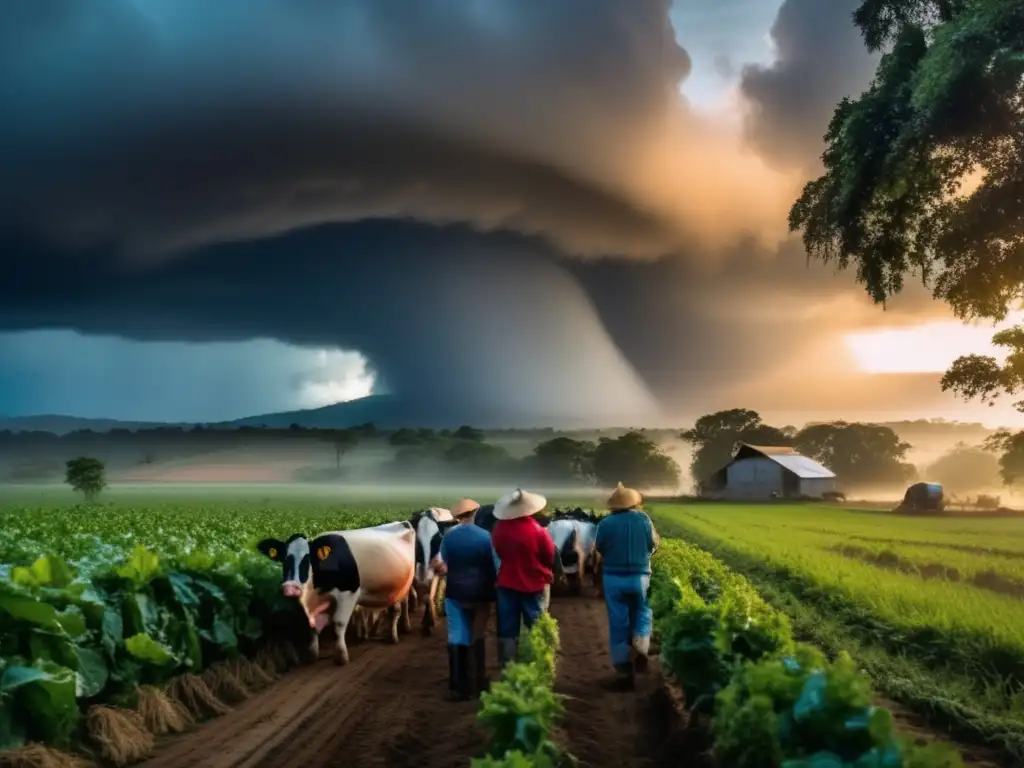
-
Do I really need flood insurance if I live in a rural area?
Yes! Many rural areas are at high risk for flooding, and flood insurance can be a lifesaver in the event of a hurricane or other natural disaster. Don't assume that your homeowner's insurance will cover flood damage - in most cases, it won't.
-
Should I evacuate my livestock during a hurricane?
It depends on the specifics of your situation. If you have a large number of animals or if they are in a particularly flood-prone area, it may be safest to evacuate them to a nearby shelter or boarding facility. However, if you have only a few animals and they have access to a safe and secure area on your property, you may be able to safely ride out the storm.
-
What should I do if my well fails during a power outage?
If your well relies on electricity to pump water, you may be left without access to clean water during a power outage. Consider installing a backup generator or purchasing a hand pump that can be used to manually draw water from your well.
-
Can I use my car to power appliances or charge my phone during a power outage?
Yes! With a backup generator or an inverter, you can use your car to power small appliances or charge your phone during a power outage. However, be sure to only run your car outside in a well-ventilated area to avoid carbon monoxide poisoning.
-
How long should I expect to be without power following a hurricane?
It's impossible to predict how long a power outage will last following a hurricane, as it depends on factors such as the severity of the storm and the extent of the damage. However, rural areas may experience longer power outages than urban areas due to the greater distances involved in repairing power lines and restoring service.
Conclusion
Rural communities face unique challenges when it comes to preparing for hurricanes, but with careful planning and preparation, they can minimize the impact of these natural disasters. By understanding the risks associated with living in a rural area and taking steps to prepare their homes, vehicles, and animals, rural residents can stay safe and secure during even the strongest storms. If you live in a rural area, don't wait until the last minute to start preparing for hurricane season - start planning now to ensure that you and your family are ready for whatever comes your way.
We hope that this article has been helpful in providing some basic knowledge about hurricane preparedness in the countryside. If you have any additional tips or advice, please feel free to share them in the comments section below. And as always, stay safe and stay informed!
Additional Resources
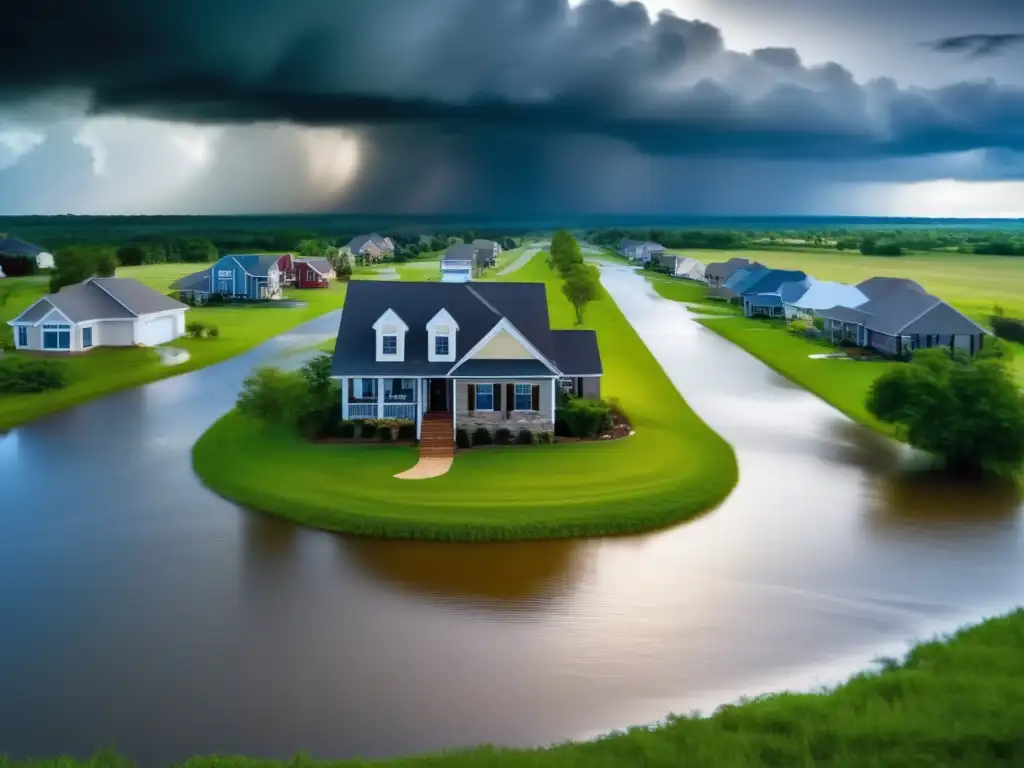
For more information on hurricane preparedness, check out these additional resources:
- Ready.gov - Hurricanes
- National Hurricane Center - How to Prepare for a Hurricane
- American Red Cross - Hurricane Safety Checklist
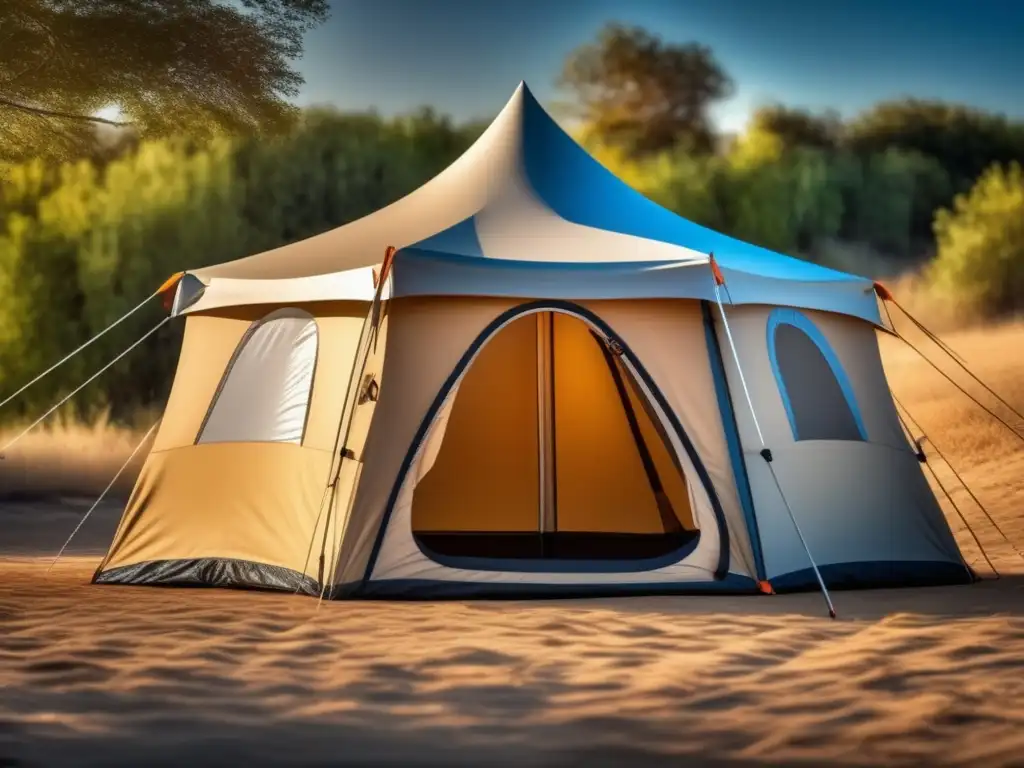 Privacy Tents For Sanitation Purposes
Privacy Tents For Sanitation Purposes Lessons From Around The World: Global Insights Into Hurricane Preparedness
Lessons From Around The World: Global Insights Into Hurricane Preparedness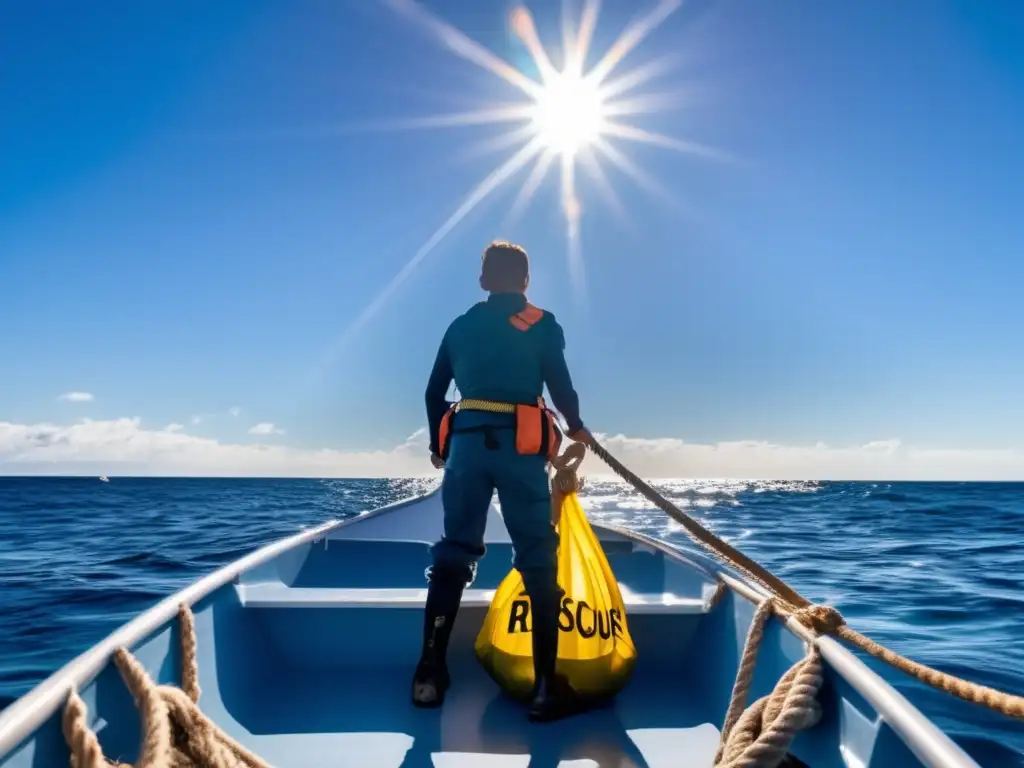 Rescue Throw Bags
Rescue Throw BagsIf you want to discover more articles similar to The Rural Perspective: Hurricane Preparedness In The Countryside, you can visit the Hurricane preparedness: category.
Leave a Reply

Articulos relacionados: